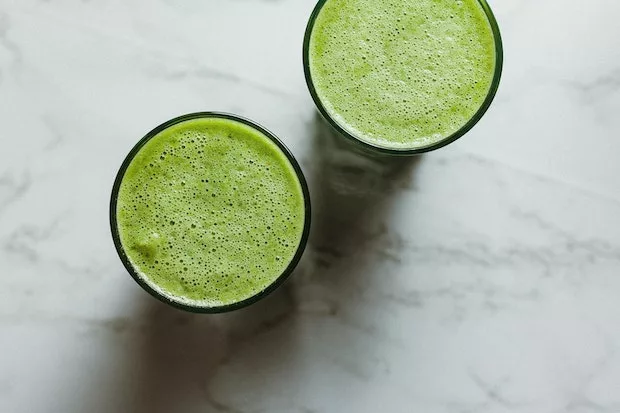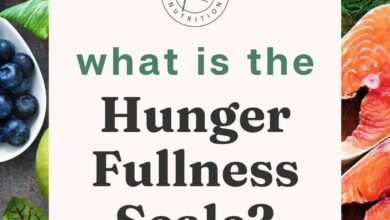Juicing For Weight Loss: Does It Work?

Does juicing for weight loss really work? An RD explains the science behind why the popular diet may lead to weight loss in the short term, but might not be the best for sustainable weight loss.
If you’re looking for a fast way to lose weight, juicing might seem like the solution. After all, juice seems to be everywhere in the wellness space (again). Influencers tout celery juice, lemon juice, beet juice, and more for their nutrient contents and hydrating properties. And while it’s true that the juice of fruits and vegetables offers vitamins and minerals, juicing for weight loss isn’t so simple.
We asked Rhyan Geiger, RDN, Owner of Phoenix Vegan Dietitian for her honest opinion on juicing for weight loss. Here’s what she had to say.
What Is Juicing?
Juicing involves consuming just the juice of fruit and vegetables for a certain amount of time. It can range anywhere from 48 hours to seven days (or beyond). The diet typically involves a range of juices from different fruits, vegetables, and even herbs.
The juice is made by pressing the liquid out of a fruit or vegetable and discarding the remaining peel and skin. You can do this manually or with a machine. Juicing collects the freshest juice from fruits and vegetables, but it leaves out the fiber—which can have some negative effects in the long run. (Psst: Fiber is your friend!)
Does Juicing For Weight Loss Work?
Juicing for weight loss does work initially due to the intense caloric deficit it causes. But it’s not a sustainable form of weight loss. “On average, a juice cleanse provides 600 to 700 calories per day, which is much lower than what an adult’s nutrition needs are,” Geiger says. For reference, women are likely to need between 1,600 and 2,400 calories a day, and men from 2,000 to 3,000, according to the 2015-2020 Dietary Guidelines for Americans. And while a juice cleanse will lead to weight loss, Geiger says a drastic decrease in calories can be dangerous. Some of the negative side effects you can experience include constipation, lightheadedness, decreased energy levels, poor sleep, late-night cravings, lack of focus, and changes in mood.
What makes juicing so unsustainable? Despite the minimal calories it offers, it also takes fiber away from the produce. “Without the fiber, you are missing out on some digestive benefits and it can leave you feeling hungry more quickly,” Geiger explains. “Removal of fiber from fruits can cause your blood sugar to increase more rapidly than having a smoothie or whole fruit that contains fiber.”
Because juicing is an unsustainable eating pattern, Geiger says it isn’t ideal for weight loss. “When choosing a diet that is a short duration (like a one-, three-, or six-day juice cleanse), you may see results in the interim but will likely gain the weight back that you have lost,” she says. This can also make you feel defeated and lead to yo-yo dieting over time.
How to Lose Weight in a Healthy, Sustainable Way

So, what exactly is the best way to lose weight? “The best way to lose weight—if that is a goal of yours—is to work with a registered dietitian who can personalize a plan to help you better reach your goals,” Geiger says. “A dietitian can also guide you into setting realistic goals that are attainable and teach you life-long skills you can apply to your daily life outside of nutrition too.”
And remember: Drastic weight loss isn’t sustainable or healthy. “If you feel concerned or like you need a drastic way to lose weight, finding a mental health professional who you can talk with about your concerns can be a great tool in improving your relationship with yourself and your body,” Geiger says.
If you want to reap the benefits of juicing (like getting an extra dose of vitamins and minerals or getting extra hydration), try incorporating juice from fruits and vegetables into a whole-food diet. Look for juices without any added sugars or preservatives if possible. Or, make it yourself at home with a juicer. Make sure you consume the juice along with fiber, protein, and fats to keep your blood sugar levels stable and your appetite satisfied.
Source link
#Juicing #Weight #Loss #Work



